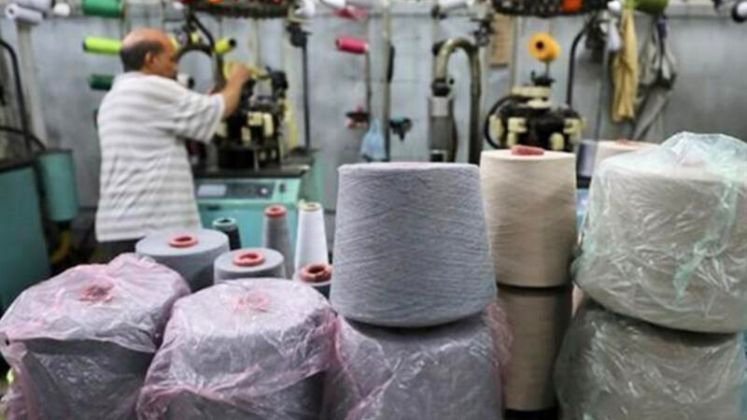Egypt is currently undergoing a major transformation of its textile industry, pouring hundreds of millions of dollars into the process, which is expected to affect the country’s long staple cotton supplies.
The revitalisation effort is primarily concentrated in, though not limited to, Al-Mahala al-Kobra, a key textile, spinning, and weaving center in Egypt’s Nile Delta, about 120 kilometers north of Cairo. Here, numerous state-owned factories are being extensively renovated after years of neglect and decay.
The first phase of the initiative has already been completed, resulting in significant industrial mergers, including the establishment of what the Egyptian Government calls the “world’s largest textile factory.”
The Egyptian government has also launched a national program to modernise the textile industry, allocating US $ 1.1 billion for the overhaul of its textile, spinning, and weaving factories. Industry experts predicted that the program’s implementation would make Egypt a significant manufacturer of manufactured goods, textiles, and fabrics.
Given that Egypt is one of the world’s leading producers of long staple cotton, the modernisation of its textile sector is probably going to have an impact on the country’s exports of cotton.
Egypt, the Egyptian prime minister remarked, may not need to export the cotton it grows soon after the textile sector transformation initiative is executed in full later this year or early next year at most.
Egypt produced about 1.8 million pounds (about 4 million kilogrammes) of cotton during the 2024 cotton growing season, up from 1.4 million pounds (about 3.1 million kilogrammes), according to the government.
However, the majority of this production is anticipated to be used to run local industries due to the expanding industrial needs in the area; as a result, local experts anticipate a significant impact on long staple cotton supply in the global market.
According to the Agricultural Research Centre, the research division of the Egyptian Ministry of Agriculture, Egypt, which supplies around 20 per cent of the world market for long staple cotton, now exports its cotton to 22 states instead of the previous 55.
Expats have said that this could lead to other countries, such as India, China and the US, to step in to compensate for this shortage by increasing production.







